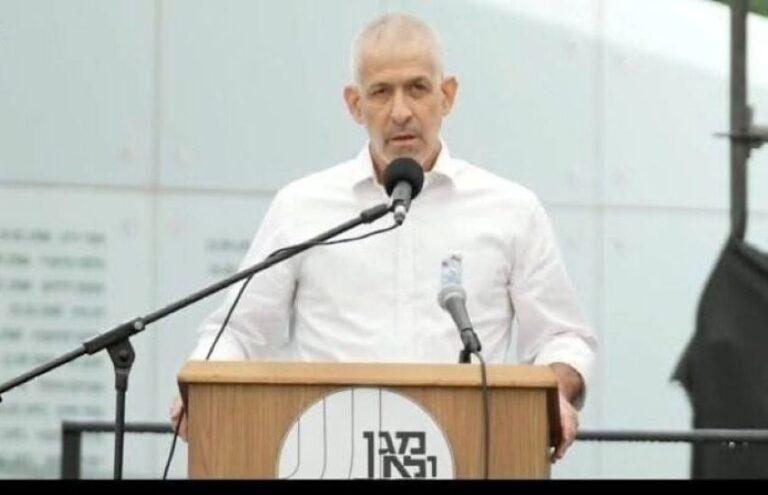 The Knesset on Tuesday 4 Marcheshvan observed Senior Citizens day in the plenum and in a number of committees. The day included highlighting growing concern for according to the standard set by the OECD (Organization for Economic Cooperation and Development), 50% of Israeli senior citizens are living in poverty. Even after receiving discounts in taxes and other payments and receiving government assistance. 21% still remain poverty stricken, placing Israel as the leader among OECD nations.
The Knesset on Tuesday 4 Marcheshvan observed Senior Citizens day in the plenum and in a number of committees. The day included highlighting growing concern for according to the standard set by the OECD (Organization for Economic Cooperation and Development), 50% of Israeli senior citizens are living in poverty. Even after receiving discounts in taxes and other payments and receiving government assistance. 21% still remain poverty stricken, placing Israel as the leader among OECD nations.
The OECD report places Israel at the bottom of the list among developed nations regarding care for its elderly, in part due to the lack of comprehensive a social safety net system, but instead relies on NGO volunteer organizations to fill in. Another factor is the ineffectiveness of government assistance programs and the fact that so many retirees do not have pensions. Israel’s mandatory pension law was only passed recently. Only 45% of retired men have pensions and 34% of the women. 25% of the elderly are forced to exist on their government pension (Bituach Leumi) for the elderly and whatever supplemental income they may find they are eligible to collect.
A state comptroller’s report stated there are “major failures” regarding medical care for senior citizens. The failures include but are not limited to overcrowding in hospitals, risk of infections in the latter, the lack of oversight for medical home visits to the elderly, and the absence of any mechanism to provide an explanation to the elderly regarding prescription medications and compliance with physician instructions.
In addition to these alarming facts, the Knesset on Tuesday also discuss raising the retirement age. Clearly with today’s medical capabilities and people living longer, the government is hard pressed to find the funds to pay retirement pensions to the elderly, who are now living decades after announcing their retirement. Today’s official retirement age for men is 67 and 62 for women.
Minister of Senior Citizen Affairs (Bayit Yehudi) Uri Orbach feels the retirement age must be raised. Orbach told members of the Knesset Finance Committee that the simple fact is that today, people are living much longer and the government cannot afford to support the growing elderly population. Orbach feels that as unpopular a move that it may be, one of the governments in the coming years will have to make the move or alternatively, permit the Bituach Leumi system to collapse due to a lack of funds.
Gilad Samama, the director-general of the Ministry of Senior Citizen Affairs told committee member “the 70 of today is like the 50-year-old of years ago”. He spoke of what the 70-year-old of today has to offer, experience and the ability to assist society. He pointed out that today, when a civil service employee reaches retirement age, s/he is compelled to retire and this must change. Samama explained the ministry is in the advanced stage of preparing an amendment for he feels society must take advantage of what the experienced citizens have to offer, not send them home to retirement.
Knesset Speaker Yuli Edelstein made similar comments to the plenum, explaining he is unwilling to sit back and listen to the comments without taking action. He cited the discrimination against the elderly is intolerable. He points out the matter is one of significant importance demanding the attention of lawmakers.
Orbach’s office is continuing its plan to raise retirement age as well as seeking to prevent mandatory retirement for civil servants.
(YWN – Israel Desk, Jerusalem)










